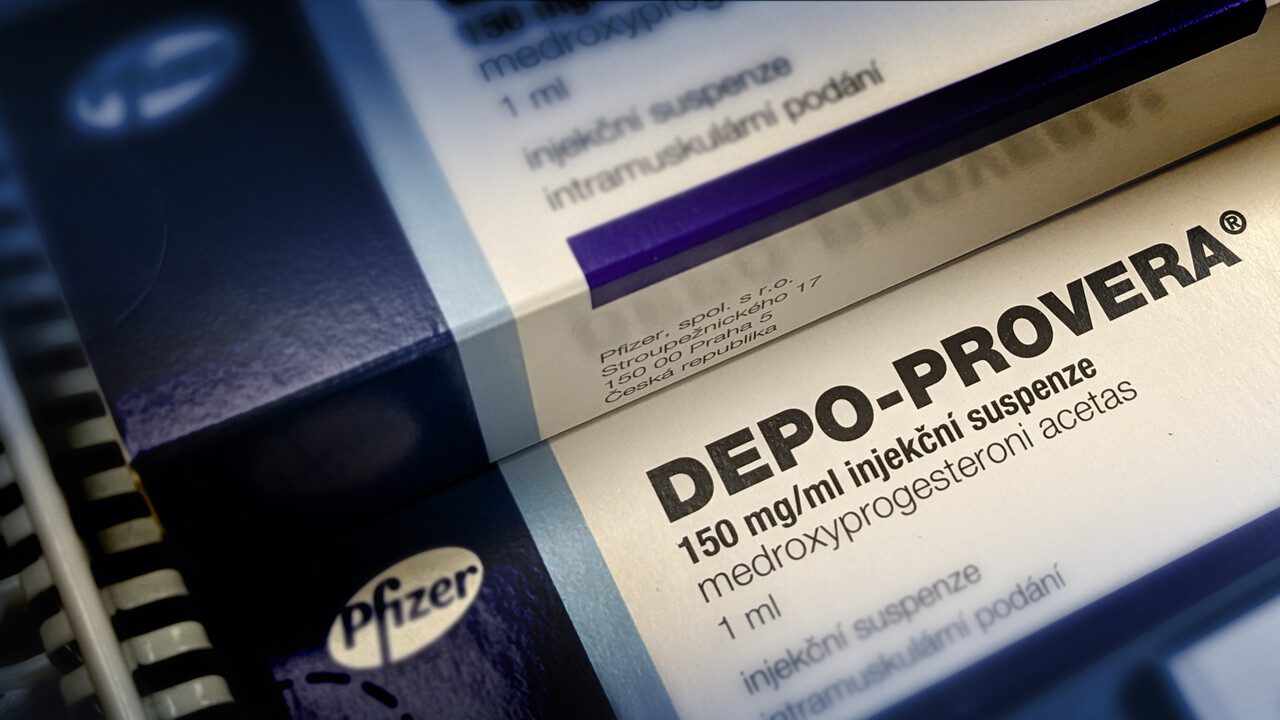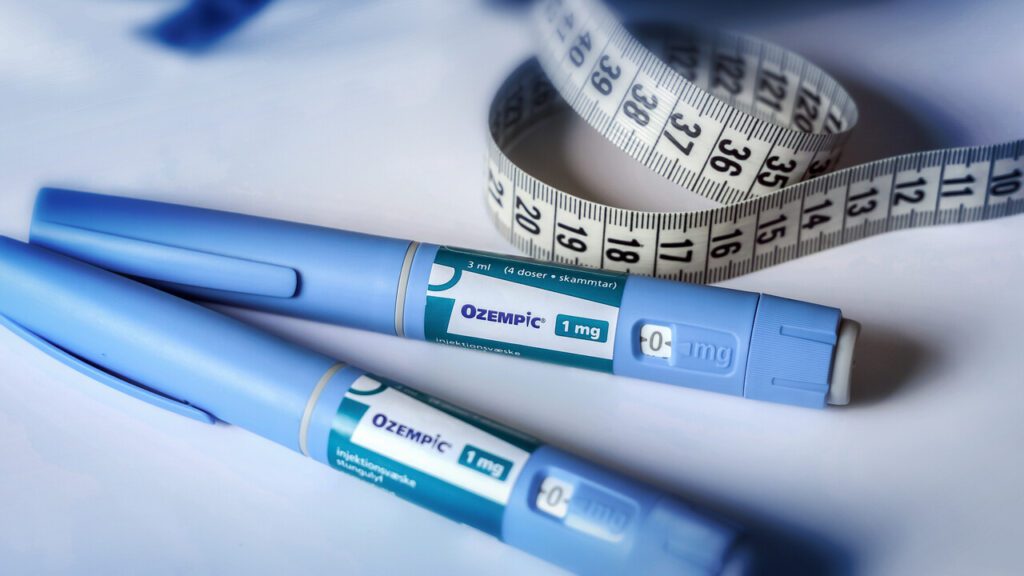
Depo-Provera’s Hidden Risks
DepoProvera is a longacting hormonal birth control shot administered every three months, either deep into a muscle (intramuscular injection) or just under the skin (subcutaneous injection). First approved by the U.S. Food and Drug Administration (FDA) in October 1992, DepoProvera quickly became a popular contraceptive option for women seeking a lowmaintenance alternative to daily pills. In 2004, the FDA approved DepoSubQ Provera 104, a lowerdose (104 mg) subcutaneous version.
DepoProvera is manufactured by several major pharmaceutical companies, including Pfizer, Greenstone, LLC, Prasco Labs, Pharmacia & Upjohn Co. LLC, and Pharmacia LLC.
While many women have used DepoProvera without immediate complications, growing medical evidence and international safety warnings have raised serious concerns about its longterm health risks—some of which are not fully disclosed on U.S. labeling.
FDA Black Box Warning
DepoProvera carries an FDA black box warning—the strongest safety warning—advising it should not be used for more than two years unless no other birth control method is suitable. The warning is due to the risk of bone mineral density loss, which may not be fully reversible.
Despite this, some women are prescribed DepoProvera for longer periods. While the U.S. label does not mention it, Canadian and European health authorities warn of a possible link between DepoProvera and meningioma—a typically benign tumor that forms in the membranes covering the brain and spinal cord.
Recent studies suggest that intramuscular DepoProvera injections may significantly increase the risk of developing meningiomas, especially with longterm use.
Studies & Safety Concerns
For years, researchers have known that progesterone and progestin hormones can stimulate the growth of meningiomas.
- Russell L. Griffin Study – Found that while oral medroxyprogesterone acetate (MPA) did not increase meningioma risk, the injectable form did. Women receiving injectable MPA had a 53% higher risk of developing meningiomas, with the risk increasing for cerebral meningiomas and with longer use.
- LongTerm Use Risks – Other studies have shown that hormonal contraceptives, including depot medroxyprogesterone acetate (DMPA), significantly increase meningioma risk after 10–15 years of use.
These findings suggest women should be cautious about prolonged DepoProvera use and discuss alternative birth control options with their healthcare provider.

Cerebral and Spinal Meningiomas

Meningiomas are tumors that develop in the meninges—the protective membranes surrounding the brain and spinal cord. They are often slowgrowing, and symptoms may not appear until the tumor becomes large enough to press on nearby structures. Depending on size and location, meningiomas can cause headaches, vision problems, seizures, weakness, or even strokes.
Diagnosis is typically made through imaging tests such as MRI or CT scans. While most meningiomas are benign, they can still lead to serious and sometimes permanent neurological complications if left untreated.
Cerebral Meningiomas
These tumors form in the layers surrounding the brain. As they enlarge, they can put pressure on brain tissue, leading to severe and debilitating symptoms. Treatment often requires a craniotomy—a major surgical procedure to remove the tumor—which carries its own risks and potential postoperative complications.
Spinal Meningiomas
Spinal meningiomas develop in the meninges along the spinal cord. Like cerebral meningiomas, they are usually benign but can compress the spinal cord or nerves, causing pain, weakness, or sensory changes. Treatment often involves surgical removal, and in some cases, radiation therapy may be recommended to prevent recurrence.
Meet Our Depo-Provera Attorneys
Related News
Ozempic Order Breakdown, The Latest In The Litigation
The latest in Case Management Orders (CMOs) for the Ozempic Litigation! Judge Karen Marston is overseeing…
Victory Against Company Selling Kids Suicide Chemical
Beasley Allen, along with its co-counsel C.A. Goldberg, PLLC, recently secured a win at the…
Blockbuster Diet Drugs Linked to Blindness
Diet drugs have skyrocketed in popularity and are no stranger to scary side effects. In…
Alabama Opioid Settlements: $728 Million & Climbing
The opioid epidemic swept across the United States, leaving a trail of addiction, overdose, and…
Alabama Reaches $220 Million Settlement with Opioid Distributors*
The State of Alabama has settled with two opioid distributors, resolving litigation for their roles…
New Lawsuits Filed Over Ozempic Side Effects
Many of us have come across advertisements for Ozempic, an FDA-approved injection used to treat…
Acetaminophen MDL Clients Get Favorable Ruling
U.S. District Judge Denise Cote in the Southern District of New York recently took significant…
Opioid multidistrict litigation, state cases updates
Lawyers in the opioid multidistrict litigation (MDL) debated in a hearing on Nov. 6 over…
School districts in three states file vaping lawsuits against JUUL Labs
Beasley Allen lawyers and co-counsel filed lawsuits on behalf of school districts in Kansas, Missouri,…
Beasley Allen sues JUUL for Ohio mother of addicted teen twins
Beasley Allen has filed a lawsuit against JUUL Labs on behalf of Rene Chaney, an…
New vaping law in effect in Alabama
The growing vaping epidemic has gained the attention of law and policymakers across the country….
Daubert hearings over talc’s cancer risk conclude after days of testimony
Daubert hearings involving eight days of expert testimony over whether Johnson & Johnson’s talcum powders…














